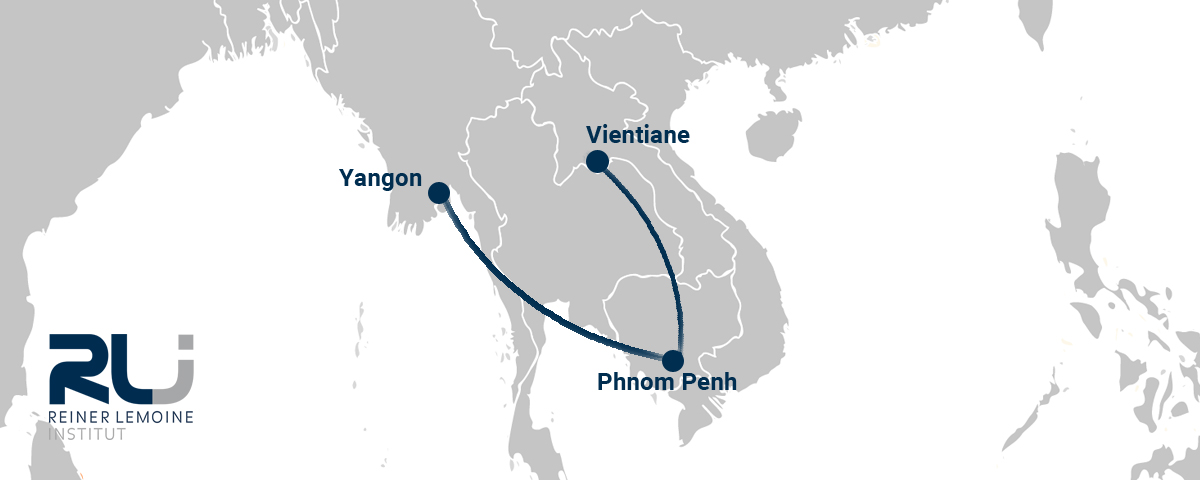
Travelling Conferences 2
7. February 2019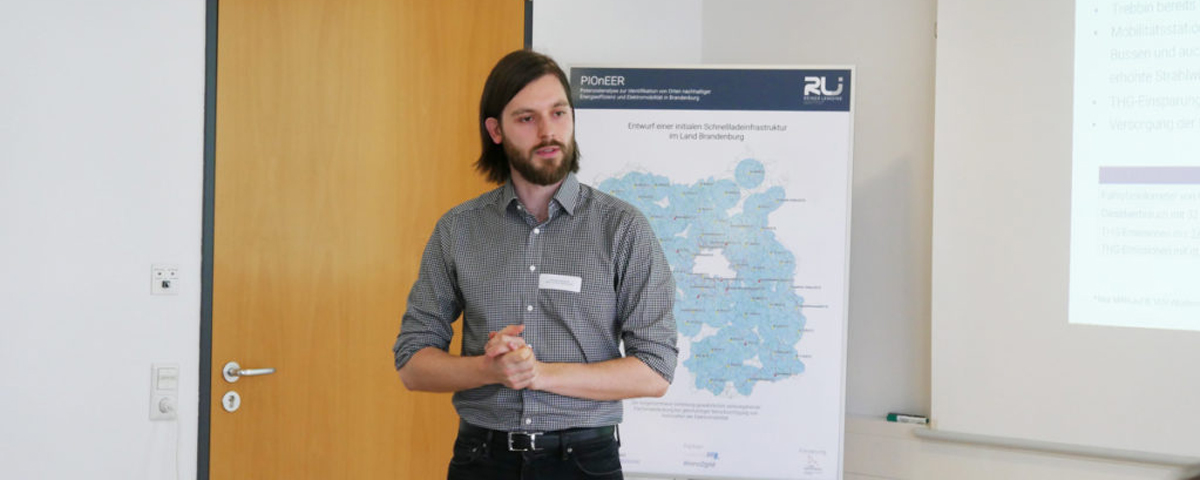
Workshop for the funding module WELMO
14. February 2019E-MetroBus
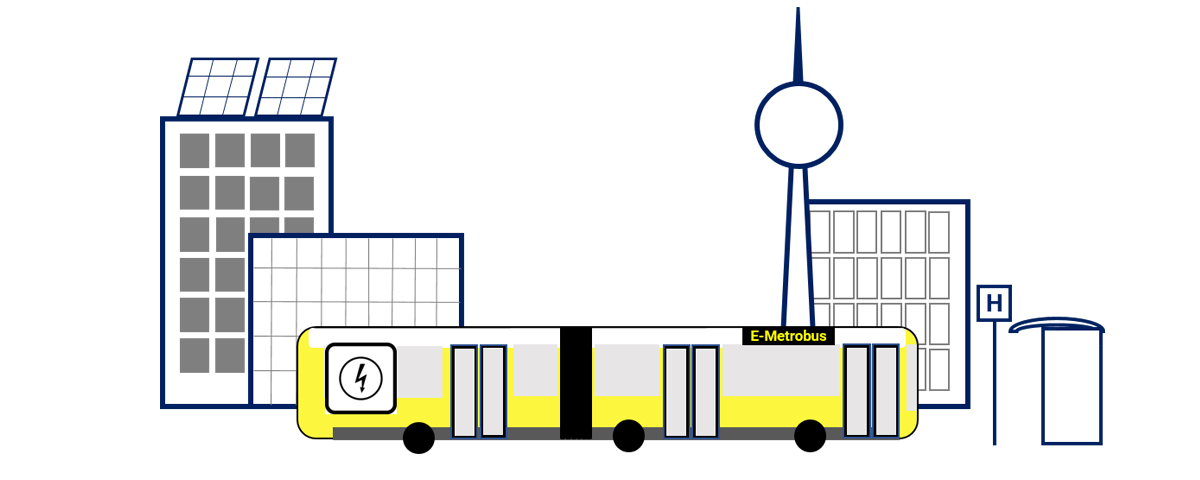
Electrification of MetroBus-lines in Berlin's public transport with quick charging infrastructure
In the RLI E-MetroBus project, 17 articulated buses operated by the Berlin public transport operator Berliner Verkehrsbetriebe (BVG) will be electrified and equipped so that they can be charged particularly quickly. Together with the project partners BVG and TU Berlin, RLI is working on the challenges involved in converting the buses of highly frequented lines. On the one hand, the time the buses have available for charging has to be flexible, as it can vary greatly due to traffic delays and road closures. On the other hand, the rapid charging technology is a burden on the local electricity grid – especially when considering the up to 1400 buses of the entire BVG bus fleet for the study.
Among other aspects, the project will test adjustments to the planning of the route each individual bus has to travel per day, as well as the development of a fast-charging infrastructure with an output of more than 300 kilowatts.
RLI is initially developing various scenarios for achieving a local, grid-connected supply of charging stations. The energy systems will be modeled, simulated, and their topology will be optimized under economic and ecological aspects. In order to relieve the load on the local power grid, the use of renewable energy systems and their integration into intelligent grids, which regulate consumers and producers in the grid according to their energy requirements, will be examined in detail.
Project duration: January 2019 - December 2022
Among other aspects, the project will test adjustments to the planning of the route each individual bus has to travel per day, as well as the development of a fast-charging infrastructure with an output of more than 300 kilowatts.
RLI is initially developing various scenarios for achieving a local, grid-connected supply of charging stations. The energy systems will be modeled, simulated, and their topology will be optimized under economic and ecological aspects. In order to relieve the load on the local power grid, the use of renewable energy systems and their integration into intelligent grids, which regulate consumers and producers in the grid according to their energy requirements, will be examined in detail.
Project duration: January 2019 - December 2022
© Image: RLI
RLI assumes the following tasks within this research project:
- Modeling, simulation, and optimization of microgrid for the supply of charging points for electrified buses at bus stops and depots
- Development of operator concepts for decentralized energy plants
- Review of the transferability of concepts to other transport companies
- Derivation of synergies with other fleet operators
- Sensitivity and robustness analysis of the model
- Validation of simulation results
- Development of an interactive web application to present the project results publicly
Research and Development project, funded by the e-mobility funding directive of the
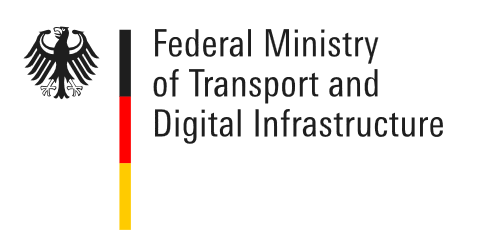
Coordinated by:

and
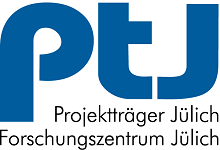
Research at RLI is supported by the Reiner Lemoine Foundation.

Coordinated by:

and

Research at RLI is supported by the Reiner Lemoine Foundation.







